Soaring fuel prices kept forecourts in the headlines last month. The average price of petrol rose almost 4.98ppl between mid-May and mid-June, according to the latest AA Fuel Price Report, making it the second-highest monthly increase ever recorded - the rise was only two-thirds of a penny short of the 5.61ppl record at the same time last year.
The sharp rise has narrowed the differential between petrol and diesel prices, but many retailers have been reluctant to reflect this on the forecourt, and have used their diesel margin to subsidise unleaded prices and so disguise the hefty increase to motorists.According to the AA, the average price difference between diesel and petrol shrank to 2.19ppl in the month to mid-June, which compared to 13.4 pence in the same period the previous year.
Many pole signs around the country have been showing the price of diesel and petrol at level-pegging - the first time since June 2007.
== Falling fuel volumes ==
"There’s no real explanation why fuel prices are going up at the moment," said Arthur Renshaw, UK and Ireland manager at Experian Catalist. "It’s all to do with international speculators and people just moving money around. Diesel is about the right price, while unleaded is about 5ppl cheaper at the pumps than it should be, based on international prices.
"A lot of the supermarkets are still trying to keep unleaded at 99.9ppl, below the magical £1-a-litre mark. At the moment, if you look at Platts prices then petrol should be more expensive than diesel. But many retailers seem to be holding back."
By subsidising petrol prices, retailers have created an artificial price for unleaded on the forecourt, but it’s necessary for business, according to Renshaw: "If retailers are making money on diesel, say 3ppl, but then maybe they’re losing 1ppl on petrol, they’re still making a profit overall. And of course it’s all driving that all-important footfall into the store."
Paul Sykes, who runs Huddersfield-based Shaw Petroleum, said many independents were seeing last month’s fuel volumes down between 30-40% on June 2007 - and this was largely due to some of the bigger supermarkets keeping fuel prices at rock bottom.
Paul said: "I’ve spoken to a lot of retailers recently, and they’ve told me that the past week (ending June 21) was the worst week in their trading history.
"A handful of companies are selling so far below cost and customers are attracted to the lowest price they can get. So retailers seem to be trying to match them. It’s very unusual for diesel and petrol to be so close in price, because for years diesel has been more expensive than unleaded.
"But for the first few weeks when it’s been the other way round, just about everybody seems to have refused to shift on their diesel price.
"Selling so far below cost is a real issue, I just cannot recall such a prolonged period of selling below cost. Even during Price Watch margins were low, but they were not negative.
"Asda, Sainsbury and Shell seem to be locked into a destructive programme waiting to see who will blink first. But hopefully when the supermarkets start selling unleaded at over £1-a-litre, it will help to ease things in the market a bit."
Retailer Shailesh Parekh, who owns Molineux Service Station in Wolverhampton, said: "We have been making nearly no margin on petrol recently.
"It has been hard regarding the unleaded - but on the other hand we have been able to double our margin on the diesel.
"But I’m luckier than most retailers because I don’t have a major supermarket near my site keeping the fuel price down."
== Chink of light ==
According to Shailesh, his own buying price for unleaded had reached £1.04-a-litre by mid-June, but it had come down to £1.01 towards the end of the month.
He added: "So I suppose at least there is a little chink of light at the end of the tunnel."
Shailesh explained that the price of unleaded was very sensitive because a lot more householders buy unleaded than diesel.
He said: "Far more ladies than men use unleaded, while a lot of diesel is still bought by white van men - and of course they don’t care nearly so much about what it costs to fill up their vehicle.
"The whole trade knows this, and we always take it out on the diesel. But the supermarkets have definitely been leading the way in keeping the unleaded price lower."
Shailesh said customers at his site had recently been asking staff why the petrol and diesel prices were about the same.
He said: "The customers are used to seeing a wider differential between the prices. I don’t tell them the unleaded price is being subsidised by diesel customers."
Shailesh, who is planning to stand as a Conservative MP candidate in his local area at the next general election, compared the situation to the supermarkets keeping fuel prices at rock bottom - but at the same time bumping up the prices in the shop.
He explained: "I often find that I am selling my milk and bread and even some of my alcohol - especially spirits - cheaper than some of the big supermarkets nearby, and on top of that I’m still making a good margin.
== Unwittingly subsidising ==
"So when I come back from the supermarket I put my own prices up in the shop. When the supermarkets bump prices up in the store and keep fuel prices low, the shoppers who don’t drive are unwittingly subsidising those who do."
----
=== Bitter pill ===
The AA has warned that the escalating prices at the pumps could put a dampener on any early signs of economic recovery.
According to AA president Edmund King: "At a time of recession, seeing petrol prices rise almost as fast as they did last summer is a bitter pill for UK drivers to swallow - many of whom have either lost their jobs, had their pay frozen or have seen savings income collapse with falling interest rates.
"Last year, huge demand for oil and fuels from China and other developing countries incentivised the stock markets to drive up the price of oil.
"This year, with hints of ’green shoots’ and collapsed demand barely beginning to find its feet again, market speculators are again gambling on future oil demand that could turn out to be a fiction.
"So far they have managed to double the price of oil from a December low of $35 a barrel to more than $70 now.
"As higher fuel prices siphon money out of their pocket and undermine their ability to spend on the high street, to the average UK driver this is looking like another summer of petrol-price madness."
King added that if drivers continued to see fuel prices at these high levels, the Chancellor should abandon all plans for the 2p tax increase planned for September.
----
=== Digging deep ===
Lorry drivers have been hit hard by the fuel price rises. The Road Haulage Association reported that in the past few weeks hauliers have had an extra £1,000 per truck slapped on to their annual fuel bill.
Kate Gibbs, the RHA’s head of communication, said: "On 22 April 2009, the Chancellor told us he expected energy prices to come down. The opposite happened."
The RHA also called for the planned tax hike to be scrapped, saying that it would be the third rise in nine months, equalling a fuel tax rise of 12%.
Gibbs added: "The health of the UK road freight industry is key to the recovery of UK plc. The healthier the industry, the more rapidly the economy will recover. Surely the Chancellor realises that?"





















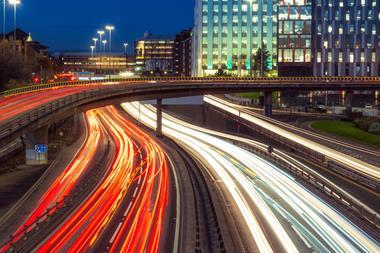

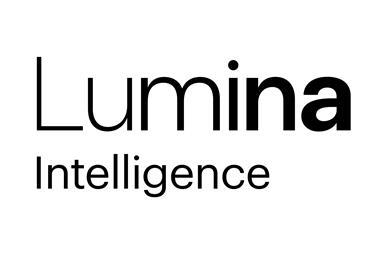
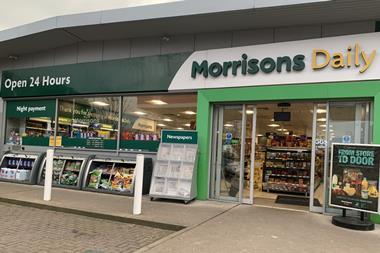
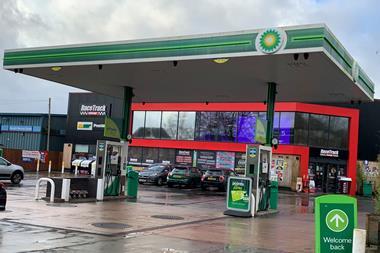

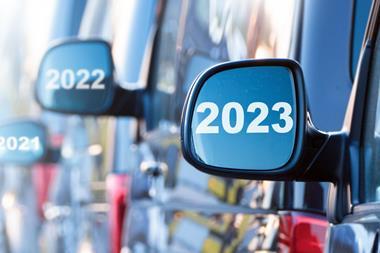
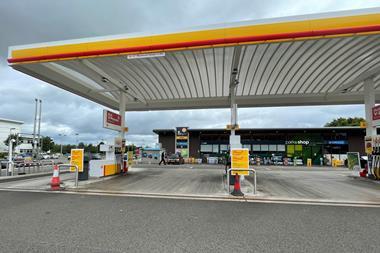
No comments yet